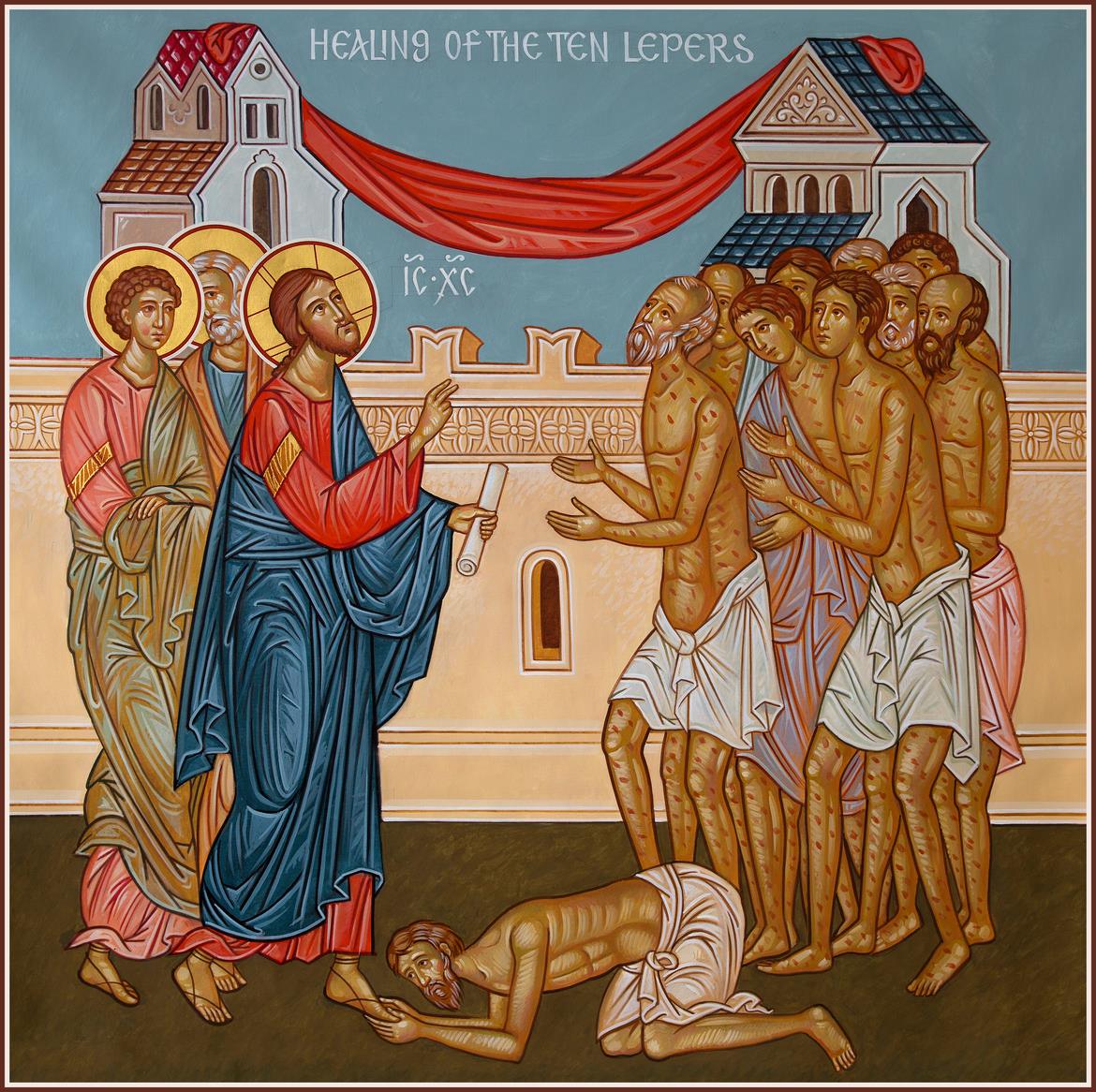 Read: Colossians 3:12-16; Luke 17:12-19
Read: Colossians 3:12-16; Luke 17:12-19
“And let the peace of Christ control your hearts, the peace into which you were also called in one body. And be thankful” (Colossians 3:15).
“And one of them, realizing he had been healed, returned, glorifying God in a loud voice; and he fell at the feet of Jesus and thanked him. He was a Samaritan. Jesus said in reply, “Ten were cleansed, were they not? Where are the other nine? Has none but this foreigner returned to give thanks to God?” (Luke 17:15-18).
This Sunday comes between two great feasts: thanksgiving and Christmas. On Thanksgiving we feed ourselves with the bounties of God’s creation, and, hopefully, thank him for these blessings, because, as we pray in the common Ambon Prayer, “you are the giver of every perfect gift.” On the coming feast of Christmas, we are already thinking of what gifts we can give to each other, and parents will teach their children to give thanks to everyone who gives them a gift. The word for gift in Greek is “eucharist,” which means “to really show favor to another.” If someone shows favor to us, it is humanly natural and normal for us to show favor in return according to our means. Jesus comments the even sinners do good to those who do good to them (Luke 6:33). Of course, sometimes that doesn’t happen and we call that a betrayal. On Christmas, God is the one who shows the greatest favor, as the angels sang at his birth, ““Glory to God in the highest and on earth peace to those on whom his favor rests” (Luke 2:14). This gift is God’s only Son, whom the Father gave to the world “so that everyone who believes in him might not perish but might have eternal life” (John 3:16).
This is so important that we repeat this passage from Scripture in every Divine Liturgy of St. John Chrysostom. This gift is also the gift of peace, for St. Paul tells us that Christ is the peace of God, “For he is our peace, he who made both one and broke down the dividing wall of enmity, through his flesh, abolishing the law with its commandments and legal claims, that he might create in himself one new person in place of the two, thus establishing peace” (Ephesians 2:14-15). For this, like the healed leper, we must give thanks to God. But if God shows us this great favor, “what,” as the psalmist says, “can I return to the Lord for all he has given me?” (Psalm 115:3). God has no need of anything that we can give him. What we can give him is our sacrifice of praise, our words of glorification. We are like the little drummer boy in the popular Christmas sing, “I played my best for him.” Precisely in receiving God’s gift of love and peace, we are ourselves transformed into God’s love and peace, so that St. Paul tells us in today’s epistle,. “let the peace of Christ control your hearts,” so that we can “put on then, heartfelt compassion, kindness, humility, gentleness, and patience, bearing with one another and forgiving one another” (Colossians 3:12-13). To do this would be our Christmas thanksgiving.
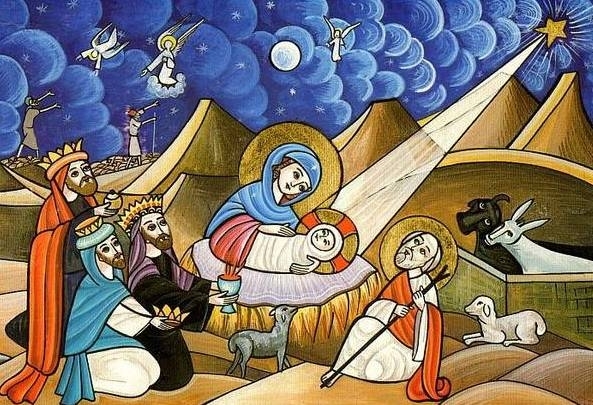
 Read: Colossians 3:12-16; Luke 17:12-19
Read: Colossians 3:12-16; Luke 17:12-19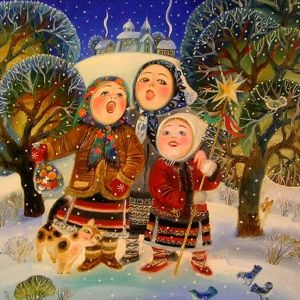 The Ukrainian Heritage Center’s Christmas Bazaar will be held on Saturday December 8, Sunday December 9, Saturday December 15 and Sunday December 16 in the Heritage Center Gift Shop from 9:00 a.m. until 1:00 p.m. This offers you an excellent opportunity to purchase, at very reasonable prices, the Ukrainian gifts and cards (for Christmas and other special occasions) that you would like to give to family members, friends, co-workers or the teachers of your children.
The Ukrainian Heritage Center’s Christmas Bazaar will be held on Saturday December 8, Sunday December 9, Saturday December 15 and Sunday December 16 in the Heritage Center Gift Shop from 9:00 a.m. until 1:00 p.m. This offers you an excellent opportunity to purchase, at very reasonable prices, the Ukrainian gifts and cards (for Christmas and other special occasions) that you would like to give to family members, friends, co-workers or the teachers of your children.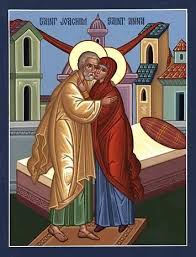 The conception of the all-holy virgin Mary in the womb of Anna is celebrated on December 9 in the Byzantine tradition, for a natural reason, that the Eastern ancients thought a girl was in the womb one day less than a boy. However, in the Ruthenian Church in America [and the Ukrainian Church], the feast is now celebrated together with the Roman Church on December 8, nine months before her birth on September 8, because she is the patron of the United States.
The conception of the all-holy virgin Mary in the womb of Anna is celebrated on December 9 in the Byzantine tradition, for a natural reason, that the Eastern ancients thought a girl was in the womb one day less than a boy. However, in the Ruthenian Church in America [and the Ukrainian Church], the feast is now celebrated together with the Roman Church on December 8, nine months before her birth on September 8, because she is the patron of the United States.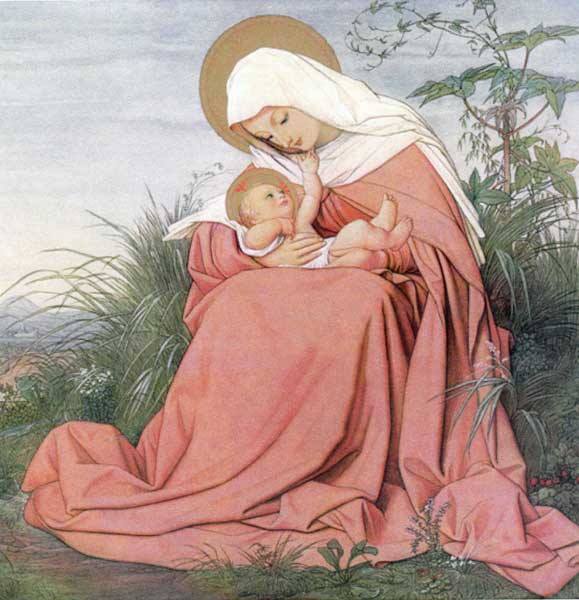 On
On 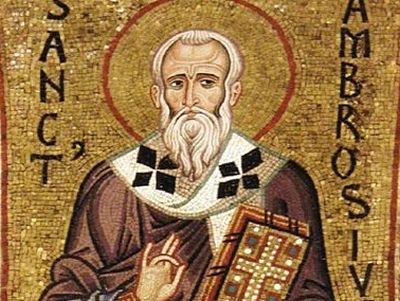 St. Ambrose was the greatest Archbishop of Milan, at a time when it was the center of the Empire. He was elected bishop when he was still a catechumen and proved to be most competent—in administration as well as theology, and was a holy and sincere Christian. He had been a governor before and knew how “to talk to power.” When the Emperor Theodosius had 7,000 Thessalonians slaughtered over the assassination of their governor, he excommunicated him for his horrendous crime – and made it stick, bringing Theodosius to repentance.
St. Ambrose was the greatest Archbishop of Milan, at a time when it was the center of the Empire. He was elected bishop when he was still a catechumen and proved to be most competent—in administration as well as theology, and was a holy and sincere Christian. He had been a governor before and knew how “to talk to power.” When the Emperor Theodosius had 7,000 Thessalonians slaughtered over the assassination of their governor, he excommunicated him for his horrendous crime – and made it stick, bringing Theodosius to repentance.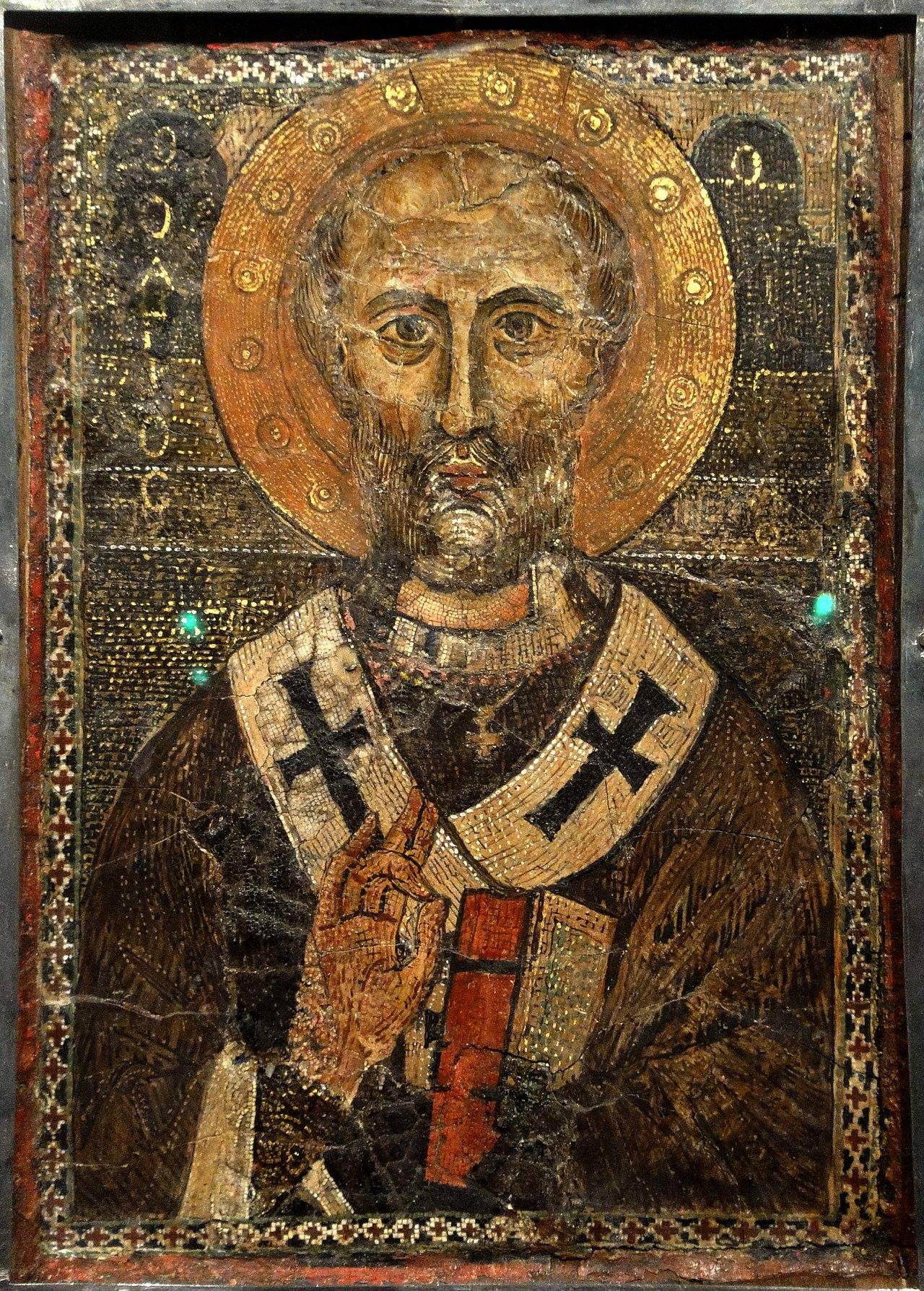
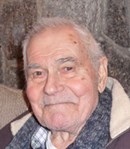 On Friday, November 30, 2018, Wasyl Jureczko fell asleep in the Lord. He was 92 and a longtime and faithful member of the Parish.
On Friday, November 30, 2018, Wasyl Jureczko fell asleep in the Lord. He was 92 and a longtime and faithful member of the Parish.